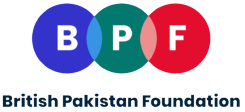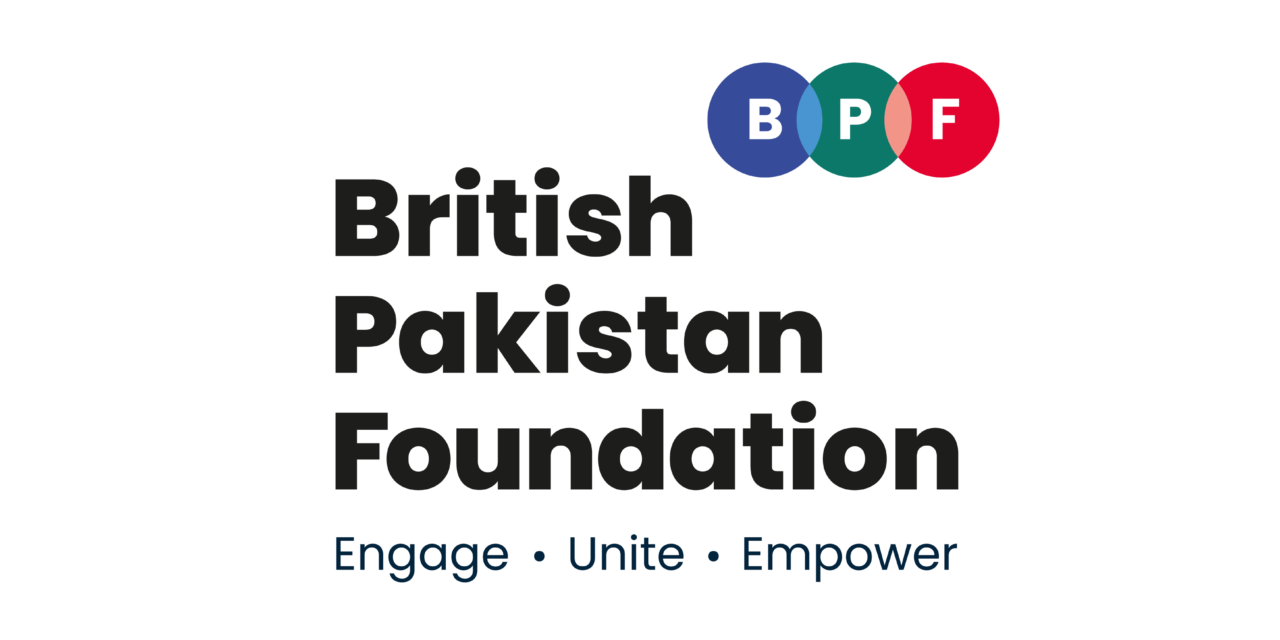Members Section: Alumni networks are for your school too
Alumni networks are for your school too
Written by Ján Michalko
In this guest blog, Ján Michalko from London-based team of network developers called inHive, writes about alumni networks – organisations of former students – in the UK and Pakistan. He suggests that these networks are not limited to private schools with many resources. In fact, as they represent purposefully organised relationships with a shared vision, they can be set up around school communities, even if they do not have the resources or the history of institutions like Eton College in Berkshire or Aitchison College in Lahore.
What do you think of, when you hear ‘Eton’?
Eton mess? The quintessentially British dessert with cream and strawberries. The town of Eton in Berkshire not far from Windsor? Or, maybe, you’re like me, and you think of the prestigious College and its famous graduates like Boris Johnson or David Cameron – the college, which has become a symbol of the careers and opportunities that a school can foster for young people by providing not only quality education but connections and networks.
What do you think of, when you hear the word alumni?
For many, it evokes Eton’s old boys club. Or the former students of Aitchison College Lahore, which provided education to the famous men of Pakistan for over 130 years, including athletes and politicians and the prime minister Imran Khan.
If you think about alumni in this context, you’re certainly not alone. Over the last year, I met many people who work in schools or education charities in Rwanda, Uganda and Pakistan, who told me that they were sceptical about alumni networks for their school communities. They were not Eton or Aitchison after all. Their learners struggled with paying fees and their classrooms lacked equipment, which most of us in the UK would probably consider a basic requirement. So how could they afford the luxury of having alumni networks?

At inHive, we try to advise how to do just that: develop alumni networks for communities with limited resources, but with aspirations to improve the lives of young people.
From UK to Pakistan
When Jake Hayman started the charity Future First in 2008, it was in response to the recognition that who you know matters. He recognized that connections from one’s school are important resources for their social mobility. Therefore, in order to help young people in state schools to expand the circles of people they were connected to, Future First, from which inHive emerged, started to build alumni groups.
Future First has grown to become the leading advisory organisation in this field in England. It supports schools to bring back graduates and be role models to young people or advisors on jobs and career pathways. Their efforts are well grounded in research. For example a study by Sabrina Zirkel in the USA, has shown that students who face gender-based and racialised discrimination benefit from being exposed to role models to improve their resilience and academic performance too.

Role models are also needed for young women and men in Pakistan, where the education system is struggling, and is about to be challenged even more with the COVID-19 pandemic. There were 22.8 million out-of-school children in Pakistan last year and many more, especially girls, won’t return when schools reopen.
In some provinces, such as Khyber Pakhtunkhwa, only 8% of girls complete secondary school. Alumni can be valuable sources of inspiration for young women and their parents, demonstrating the benefits of education. One of such alumni is Amna, who has become a key supporter of the alumni committee at her school and continues to give back by coaching and mentoring the next generations as she pursues her university degree.
I met Amna on the back of our partnership with CARE Foundation, one of Pakistan’s leading education non-governmental organisations. Together we have started to develop a process of establishing alumni networks in Lahore and surrounding areas like Sheikhupura. With a pilot process underway at 20 schools, which was co-funded by the British development assistance grant, we are keen to design a model to replicate across the nearly 900 schools where CARE Foundation works.

You can be involved too
Setting up alumni networks does take resources. It is does not come for free. But successful, impactful and engaged networks do not emerge from funding, but from dedicated school leaders and committed teams of alumni, teachers, and students, who are willing to volunteer their time and skills in order to achieve a shared purpose and a vision for the school and each other.
So, what can you do?
If you’re willing to learn and collaborate, consider becoming an alumni leader at your school, who sparks action with an interested principal, or a dedicated teacher. Look for resources and support from organisations like Future First and others to help on that journey.
You can also support other alumni initiatives. This can be through financial contributions, so that more young women like Amna can have a positive impact at their school and their stories be shared. You can also help raise awareness of the importance of networks and show people that who you know and who you’re exposed to does make a difference for children at every school. For more information, contact us at info@inhiveglobal.org.
*All pictures are courtesy of the CARE Foundation Pakistan, depicting learners at their institutions
British Pakistan Foundation Denounces Racially Insensitive Language
The British Pakistan Foundation (BPF) condemns in the strongest
14 British Pakistanis in the King’s Birthday Honours List
The King’s Birthday Honours List this year highlights the




